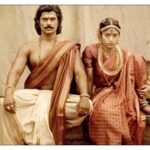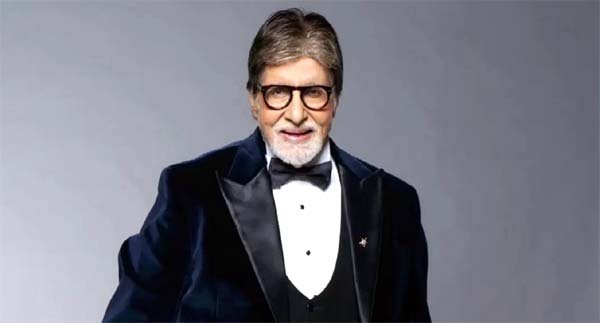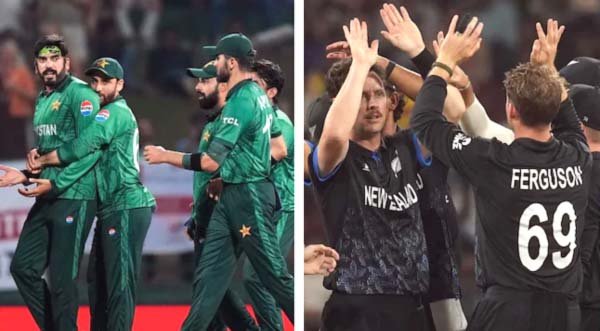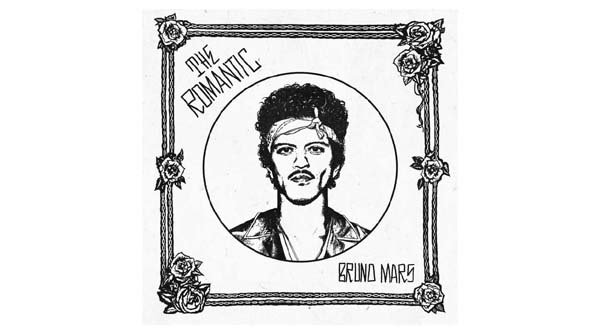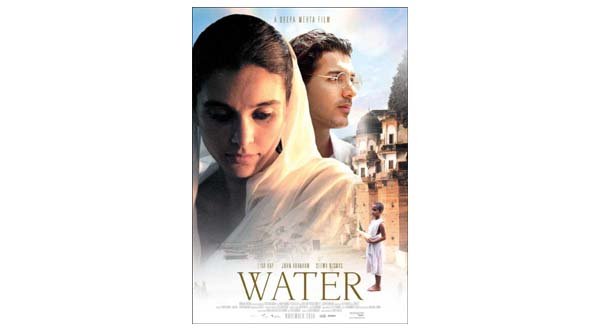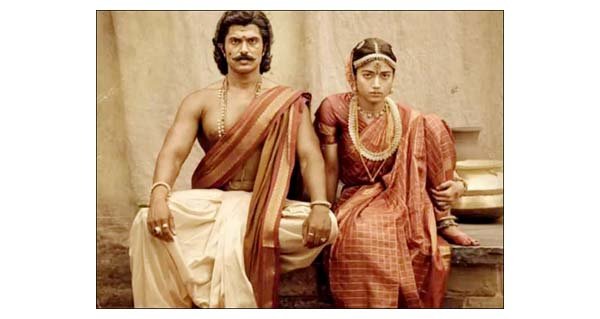Mumbai, Oct 11 (UNI) Eight decades, over 200 films, countless awards and an unrelenting bond with audiences across generations, ‘Amitabh Bachchan’, the towering figure of Indian cinema, completed 83 today.
Famous for his portrayal of the “Angry Young Man”, the Big B continues to reign as the unchallenged patriarch of the silver screen over five and a half decades after making his debut with K A Abbas directed Saat Hindustani (1969).
The man with the resonant baritone has, through the years, given Bollywood a series of mega hits, essaying a great variety of characters and mesmerising his countless admirers both in India and abroad with an unbelievable range of acting skills. He ended superstar Rajesh Khanna’s long innings at the top, and gradually created for himself a place which perhaps no other Indian actor has reached.
Even into his 80s, he continues to showcase his indefatigable energy to entertain the masses with his cinematic presence, a signature quiz show and delightful blog posts.
Born on October 11, 1942, in erstwhile Allahabad (now Prayagraj), to the celebrated poet Harivansh Rai Bachchan and Teji Bachchan, he began his professional journey far from the arc lights. Filmmakers once dismissed him for his unconventional looks – brooding tall stature and dark complexion – the very attributes that later became his most defining features.
From his humble beginnings, Bachchan’s journey to superstardom has been one of grit, resilience and sheer brilliance. His breakthrough came with Zanjeer (1973), a film that shattered the established romantic archetype and birthed the quintessential “Angry Young Man”, a character both emblematic and problematic of a disillusioned generation. Through “Deewar”, “Trishul”, “Sholay” and “Don”, he channelled the collective angst of a generation, infusing every frame with moral gravitas and psychological depth.
Equally adept at comedy and pathos, he oscillated effortlessly between the light-hearted mischief of “Amar Akbar Anthony” and “Chupke Chupke” and the tragic stoicism of “Kabhi Kabhie” and “Shakti”. In the 1980s, at the zenith of his stardom, tragedy struck when Bachchan suffered a near-fatal injury while filming “Coolie” (1982). The entire nation prayed for his recovery, then Prime Minister Indira Gandhi rushed to his bedside and broke down – as the injury turned the superstar into a national emotion.
The late 1980s saw him briefly step into politics, contesting and winning from his hometown, but the glamour of governance soon gave way to disillusionment. When his company ABCL collapsed and his fortunes plummeted, he reinvented himself on television with the quiz show Kaun Banega Crorepati (2000), a show that not only revived his career but also redefined Indian television entertainment. The 17th season of the show is on, drawing viewers like a magnet.
The Bollywood Shahenshah’s magnificent oeuvre also includes films like “Baghban”, “Black”, “Cheeni Kum” and “Paa”, exhibiting a master at work, introspective, fearless and endlessly evolving. For Piku (2015), he won his fourth National Film Award for Best Actor, making him the only actor to do so. Bachchan also made an appearance in a Hollywood film, “The Great Gatsby” (2013), in which he played a non-Indian Jewish character.
Besides his acting trajectory, Bachchan has also carried himself with aplomb as the narrator in classics like Mrinal Sen’s “Bhuvan Shome” and Satyajit Ray’s “Shatranj ki khiladi”.
Married to actress Jaya Bhaduri and father to Shweta and actor Abhishek Bachchan, with daughter-in-law former Miss World Aishwarya Rai Bachchan and grandchildren Navya, Agastya and Aaradhya, the Bachchan legacy continues across generations.
As he grows older, Bachchan seems busier than ever. His portrayal of the immortal warrior Ashwatthama in “Kalki 2898 AD” (2024) , his Telugu cinema debut, reaffirmed his majestic screen command and ageless versatility. He is currently filming for “Kalki 2”.
Bachchan has won numerous accolades in his career, including a record four National Film Awards in the Best Actor category and many awards at international film festivals and award ceremonies.
He has won sixteen Filmfare Awards and is the most nominated performer in any major acting category at Filmfare, with 34 nominations in the Best Actor section and 42 nominations overall. The Government of India honoured him with the Padma Shri in 1984, the Padma Bhushan in 2001, the Padma Vibhushan in 2015, and India’s highest award in the field of cinema, the Dadasaheb Phalke Award in 2018 for his contributions to the arts. The Government of France honoured him with its highest civilian honour, Officer of the Legion of Honour, in 2007 for his exceptional career in the world of cinema and beyond.




